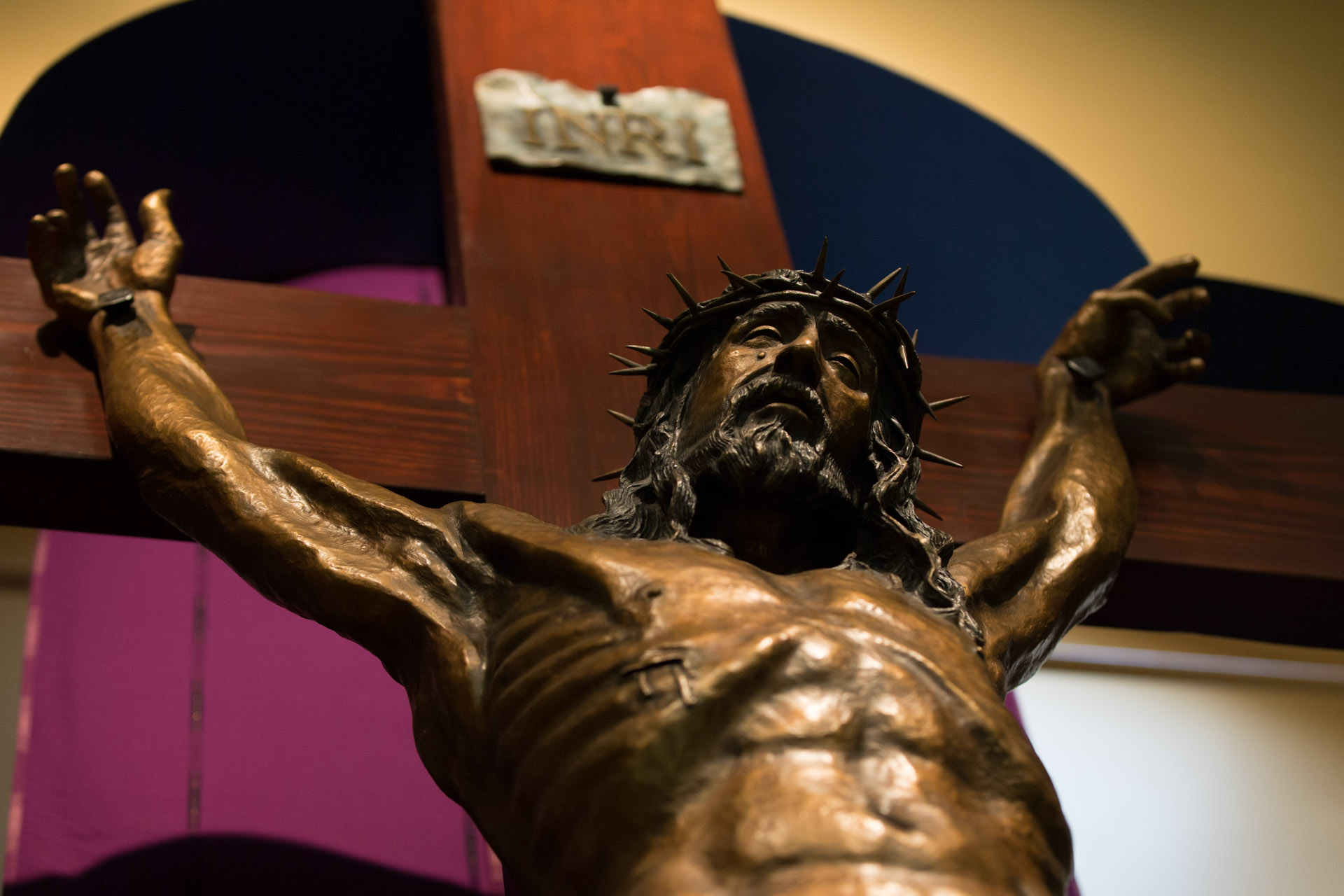On the first day of Lent, Ash Wednesday, hundreds of millions of Catholics and other Christians receive ashes on their foreheads in churches all over the world.
Why ashes? Since Old Testament times, ashes have been used as a symbol of mortality. When ashes are placed on our foreheads we hear the words: “Remember that you are dust and to dust you shall return.” It’s a reminder that the world that often seems so important to us at this moment is passing and we need to give more thought to what lies at the end: eternal life.
Ashes are also a sign of our need to do penance, a heartfelt acknowledgment we are sinners. To many in the modern world, the very concept of sin seems old-fashioned. Yet sin is part of our human nature.
If you intentionally hurt a good friend, whether you are religious or not, something deep inside of you tells you that you need to say you’re sorry. What’s more, whether you say it out loud to your friend, or just think it to yourself, you’ll resolve not to hurt her again. But chances are good that someday you will. And that is quite similar to the all-too-human cycle of sin and sorrow and conversion and sinning again.
As the Church points out, we are all sinners and we all need repentance. Lent gives us a chance during a special time of the year to do just that.
The word “Lent” comes from an old English word for springtime. Think of it as a form of spring cleaning for the soul. In the early years of the Church it was confined to a few days before Easter. But by the fourth century it was extended to forty days before Easter, a period associated with the forty days and nights that Jesus spent in the desert just after his baptism.
“Forty days before Easter” may be somewhat misleading. The Church doesn’t count Sundays among the forty days, so the period of Lent, lasting from Ash Wednesday through Holy Saturday, actually covers 46 days.
Whether 40 days or 46 days, in the great scope of things Lent is a momentary pause to rethink the fundamental purpose of our lives. But it can also be the occasion of a momentous conversion, a first step on the path of becoming the persons we were always meant to be.
Next: Lenten practices



